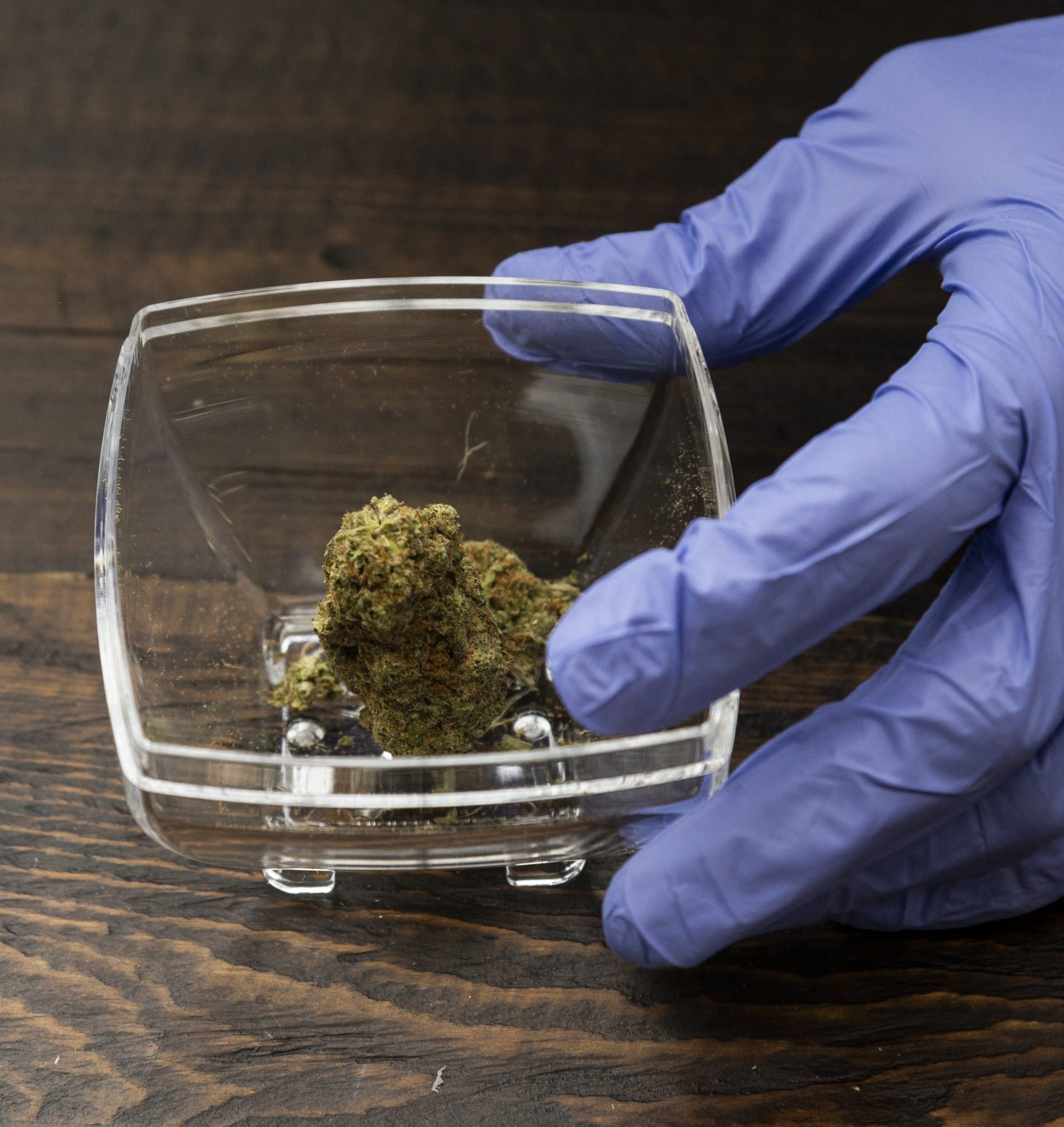Editorial from The Lowell Sun
Ever since Massachusetts voters approved a ballot measure legalizing recreational marijuana use for adults, we’ve been concerned about its trickle-down effect on our younger population.
Teens susceptible to peer pressure or lured by the thrill of using a forbidden substance pose a threat to themselves and others when they take a hit or ingest a pot-laced edible.
An article written by Dr. Maria H. Rahmandar of the American Academy of Pediatrics, recently published in the newspaper, discussed the impact the legalization of marijuana for adult medicinal and recreational use has on tweens’ and teens’ perception of the drug.
And what does the doctor think parents and caregivers should know about cannabis? Here are some of the abridged highlights:
As you might expect, adolescent marijuana use increases with age. In 2022, according to data from the Monitoring the Future survey of substance use behaviors, 8.3 percent of eighth graders, 19.5 percent of 10th graders and 30.7 percent of 12th graders reported using cannabis in the past 12 months.
It has powerful effects on young brains, which don’t fully develop until about age 25. That’s one of many reasons the American Academy of Pediatrics believes young people shouldn’t use cannabis.
It can make life more dangerous. Driving, skateboarding, riding a bike or playing sports while high can lead to serious accidents. Teens under the influence may also take more sexual risks, leading to long-term consequences.
It can harm a child’s lungs. Like tobacco, cannabis smoke irritates the lining of the mouth, throat and lungs. In fact, cannabis smoke has many of the same toxins and cancer-causing chemicals as tobacco smoke.
It can be addictive, especially if cannabis use starts in the teen years. According to the Centers for Disease Control and Prevention, 3 in 10 people who use cannabis show signs of a cannabis use disorder. Furthermore, for those who start in their teens, their risk of developing a cannabis use disorder is even higher than those who start using as an adult.
The Centers for Disease Control (CDC) offered this warning: “Children, adults, and pets can mistake marijuana products, particularly edibles, for regular food or candy. Consuming marijuana can make children very sick.”
The CDC stated kids may “have problems walking or sitting up or may have a hard time breathing.”
Though different in effect and duration, the legal consumption of alcohol and marijuana inevitably entices minors to mimic the same behavior.
Acknowledging that fact, coupled with an understanding of its adverse consequences, hopefully will help keep marijuana products out of the wrong hands.

